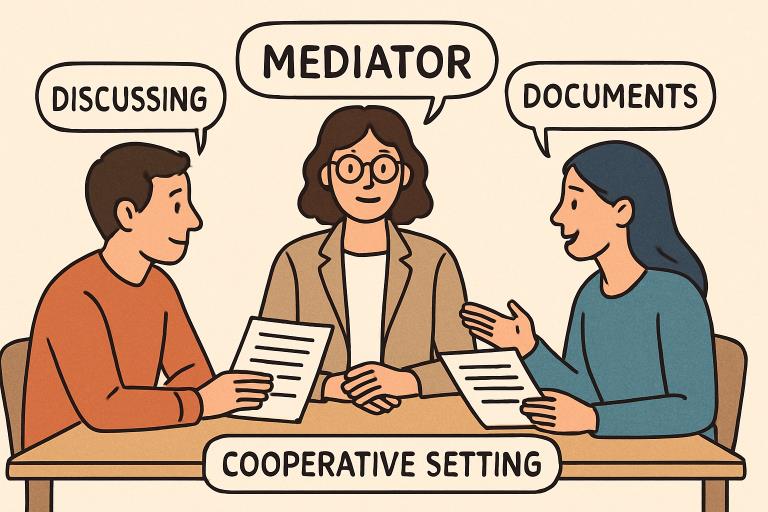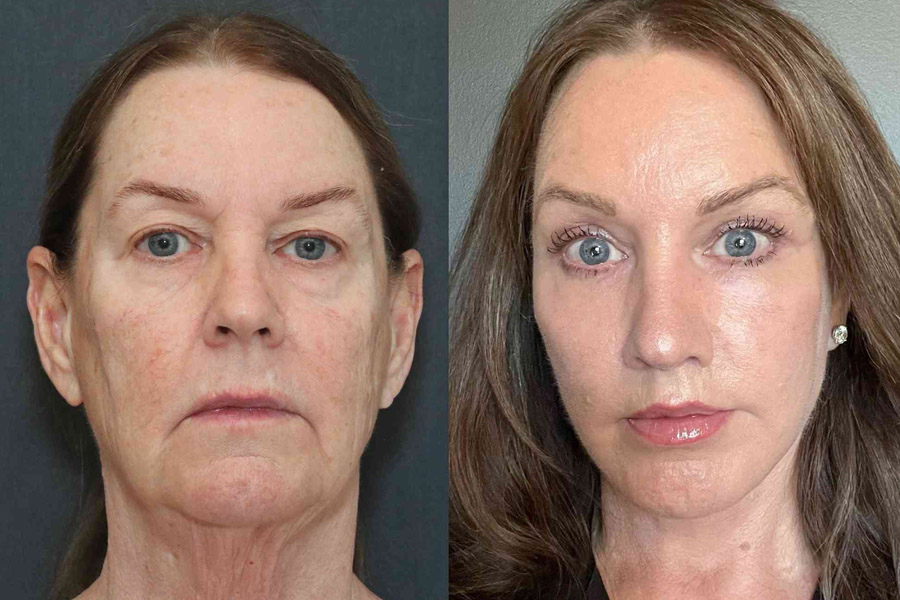Now Reading: How Important Is a Lawyer When It Comes to Estate Disputes?
-
01
How Important Is a Lawyer When It Comes to Estate Disputes?
How Important Is a Lawyer When It Comes to Estate Disputes?

A quiet courtroom, a living room, and the moment everything changes
Estate disputes rarely arrive with a dramatic trumpet — they creep in like a text at 2 a.m.: terse, unsettling, and full of ramifications. When a loved one dies, paperwork and emotions collide; what was private becomes public, and relationships are tested in ways few anticipate. A lawyer doesn’t just explain the law — they act as a translator, a strategist, and sometimes a buffer between family members who are raw with grief. That mix of empathy and expertise is exactly why their role matters more than most people realise.
What Does an Estate Dispute Lawyer Do?
Estate dispute lawyers navigate the messy overlay of emotion and statute. They assess whether a will is valid, advise beneficiaries and executors, and help frame claims or defences when someone challenges the distribution of assets. Beyond courtroom appearances, they gather evidence, lodge claims, negotiate settlements, and draft or interpret the technical language that often trips people up.
They also act as project managers for complex estates — coordinating valuations, tracking asset inventories, and liaising with banks, trustees, and health practitioners about capacity or undue influence. In short: they turn chaos into a plan, then execute it with the legal tools available.
Common Reasons for Estate Disputes
Some disputes are the predictable kind; others are the ones that make you blink. The usual sparks include questions about whether the deceased had the mental capacity to make a will, or whether someone improperly influenced them at a vulnerable moment. Then there are the emotional landmines: an overlooked child, a new spouse, or step-relations who weren’t factored in.
Poor drafting is another theme — ambiguous clauses, contradictory provisions, or missing schedules that leave room for interpretation. Executor misconduct can also ignite conflict, whether through perceived favoritism, delays in administration, or outright mismanagement. Finally, blended families and estranged relationships create human complexity that law alone struggles to resolve.
When Should You Contact an Estate Dispute Lawyer?
Call a lawyer early if you sense tension, from perceived unfairness to missing information. Early legal advice can calm a brewing fight, help preserve evidence, and sometimes steer parties toward mediation before the situation hardens into litigation.
Practical signs to involve counsel: you’ve been excluded or drastically reduced in a will and it feels wrong; you suspect pressure or lack of capacity when the will was signed; the executor is withholding information or stalling; or you simply don’t know your legal standing and want clarity. Acting early preserves rights and options that might be lost if you wait.
How Lawyers Help Without Turning Everything Into Court
Good estate dispute lawyers prefer solutions that keep family ties intact. They’ll explore negotiation, mediation, and alternative dispute resolution where possible, because those paths save time, money, and emotional energy. Where settlement conversations are fruitful, the lawyer will structure enforceable agreements that prevent re-litigation down the line.
When negotiation fails, they’ll prepare a case meticulously: assembling medical records, witness statements, financial histories, and drafting pleadings that make sense to a judge. Lawyers also counsel clients on realistic outcomes and costs, which helps set expectations and avoid costly surprises.
The practical benefits a lawyer brings
You get clarity about rights and timelines; you avoid procedural traps; you increase the chances of a fair distribution; and you reduce the risk of being outmaneuvered by a more legally savvy opponent. Lawyers can identify weak claims early and advise whether a fight is worth pursuing, or if a settlement offers a cleaner path to closure.
They also protect executors who are acting in good faith but might be accidentally non-compliant with procedural duties. That shield can prevent personal liability and undue stress when fiduciary duties are opaque or contested.
Expert help at the moments that matter
At the heart of estate disputes lies deep human mess: grief, regret, unmet expectations. An effective lawyer is part tactician, part therapist-adjacent — not to replace family healing, but to make the legal journey less brutal. Their role is to ensure that the deceased’s wishes, and the rights of those left behind, are both respected and defensible under the law.
FAQ
What is the main role of an estate dispute lawyer?
An estate dispute lawyer evaluates the strength of claims, advises clients on legal options, negotiates settlements, and represents parties in court when necessary.
Can a lawyer prevent a dispute from going to court?
Yes; many lawyers focus on mediation and negotiation to resolve disagreements without litigation, which often saves time and costs.
When is it too late to challenge a will?
Time limits vary by jurisdiction, but waiting too long can close legal windows; early consultation preserves your options and evidence.
Do estate disputes always involve large sums of money?
Not always — disputes arise from perceived unfairness, family dynamics, and principles as much as from financial value.
Will hiring a lawyer make family relationships worse?
A skilled lawyer aims to reduce conflict by clarifying rights and facilitating resolution, though any legal action can strain relationships if parties are entrenched.
How much does this legal help typically cost?
Costs vary widely depending on complexity, whether the matter settles early, and the fee structure; a lawyer can outline likely expenses and potential outcomes up front.





















